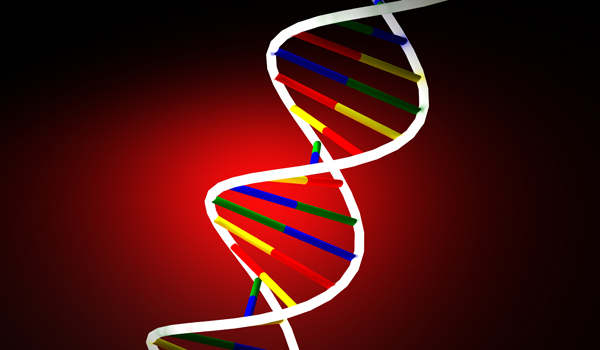How Obesity May Raise Breast Cancer Risk

Women who have a certain genetic marker may be at increased risk for breast cancer, especially if they are overweight or obese, a new study suggests.
In the study, white women with the genetic marker were nearly 70 percent more likely to have breast cancercompared to those without the marker.
And if women were overweight or obese and had the marker, their risk of breast cancer increased by 210 percent, compared with those who did not have the marker, the study found. The marker is found within a gene called mTOR, according to the study. [6 Foods That May Affect Breast Cancer Risk]
Weight loss is likely a good way to reduce breast cancer risk in general, said study researcher Ting-Yuan David Cheng, a research assistant professor at Roswell Park Cancer Institute in Buffalo, N.Y. If the new findings are confirmed by future studies, researchers may one day be able to screen for this genetic marker to identify women for which weight losswould be even more important in preventing breast cancer, Cheng said.
The marker appeared to especially increase the risk of a type of breast cancer called estrogen receptor-negative breast cancer, which generally does not respond to hormonal breast cancer treatments. White women who were overweight or obese and had the genetic marker were eight times more likely to develop estrogen receptor-negative breast cancer than those who did not have the marker.
The findings held even after the researchers took into account factors that could affect breast cancer risk, such as age, smoking and a family history of breast cancer.
The results suggest that being overweight or obese may promote breast cancer through variations in this gene, the researchers said.
Sign up for the Live Science daily newsletter now
Get the world’s most fascinating discoveries delivered straight to your inbox.
Previous studies have shown that obesity increases the risk of breast cancerfor women after menopause.
The new study involved about 1,300 white women and 1,300 black women living in New York and New Jersey. About half of the women within each ethnic group had breast cancer. The women ranged from 20 to 75 years old, and nearly half had been through menopause. Women were considered overweight or obese if they had a BMI of 25 or greater.
A marker within the mTOR gene increased the risk of breast cancer for white women, but not for black women, suggesting that the effect of this marker varies by ethnicity.
The mTOR gene is involved in cell growth and blood-vessel formation, which are both important for cancer growth. The gene can be active by excess energy intake, or taking in more calories than you need, Cheng said.
The finding "makes sense, because, if the gene is regulated by energy intake, and women who are obese tend to have excess energy intake, then that's going to signal the gene," which promotes cancer growth, Cheng said.
The findings were presented this week at the meeting of the American Association for Cancer Research.
Follow Rachael Rettner @RachaelRettner. Follow Live Science @livescience, Facebook & Google+. Original article on Live Science.

Rachael is a Live Science contributor, and was a former channel editor and senior writer for Live Science between 2010 and 2022. She has a master's degree in journalism from New York University's Science, Health and Environmental Reporting Program. She also holds a B.S. in molecular biology and an M.S. in biology from the University of California, San Diego. Her work has appeared in Scienceline, The Washington Post and Scientific American.









